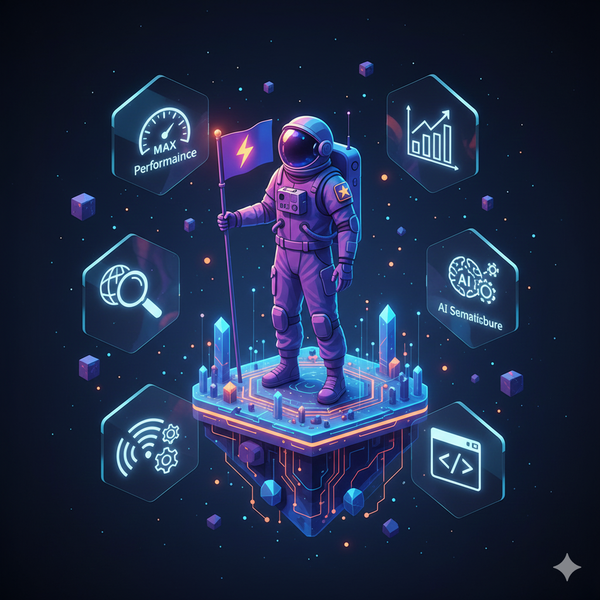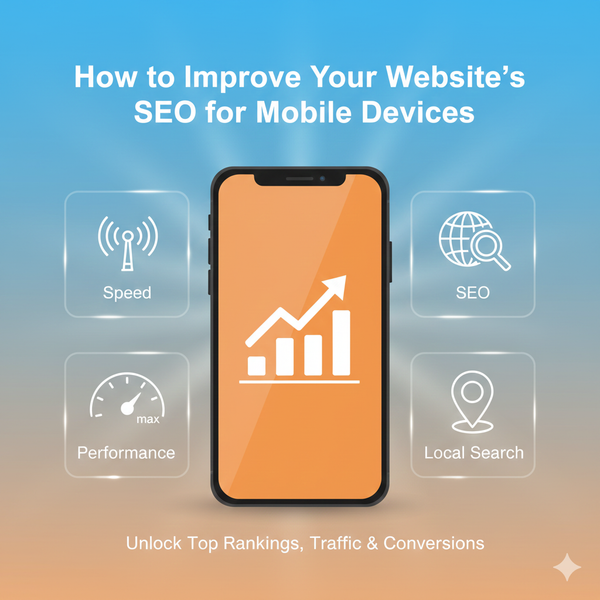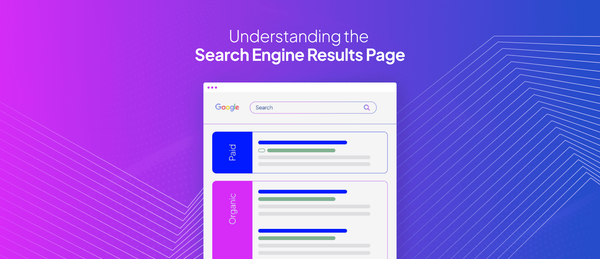Why Marketing Needs an Engineering Mindset
Modern marketing has become a maze of disconnected tools and platforms. SEO dashboards, analytics trackers, content management systems, and AI writers. Each plays a role, yet collectively they create more friction than flow. Marketers spend more time managing tools than mastering strategy. The answer isn’t another “best-in-class” app. It’s an integrated approach, one that treats marketing like a living system, structured, data-driven, and continuously improving. That’s where engineering principles meet marketing intuition. This guide explores how to build a marketing engine that learns, scales, and adapts, powered by artificial intelligence but grounded in human oversight.
From Human Hours to Intelligent Systems
Most agencies and marketing teams still operate under a linear growth model: more clients require more people. While that model worked for decades, it breaks down when scalability becomes essential. Engineering offers a different approach. By embedding automation and data intelligence into core workflows, marketers can decouple output from the need for headcount. The goal isn’t to replace people, it’s to amplify their decision-making power through intelligent systems that take over repetitive, time-consuming tasks. Imagine an ecosystem where:
- Audits run automatically across hundreds of sites in minutes.
- Reports update themselves from unified data streams.
- The content aligns perfectly with the brand tone and is supported by verified facts.
- System alerts flag performance issues before clients even notice them.
This isn’t hypothetical—it’s a framework that’s already achievable with the right combination of AI, automation, and thoughtful system design.
Core Components of an AI Marketing Engine
1. Automated SEO and Brand Intelligence
A strong marketing engine starts with awareness and knowing exactly how a brand performs across search, social, and content. An automated audit system can scan hundreds of technical and content factors such as site structure, schema markup, speed, accessibility, and social presence, and generate insights that would take a strategist days to compile. This frees teams to focus on strategy rather than spreadsheets. When SEO and social intelligence are integrated, marketers gain a comprehensive view of their digital footprint that connects content decisions to visibility outcomes.
2. Unified Marketing Data Infrastructure
Every campaign generates valuable data, but that data is often siloed—split between Google Ads, Meta, CRM platforms, and analytics dashboards. A unified data lake, an ETL (Extract, Transform, Load) system designed for marketing, solves this. It standardizes and centralizes data across all channels, providing one reliable source of truth. With this structure in place, marketers can analyze performance across the entire funnel, not just channel by channel. That means more precise ROI tracking, more intelligent budget allocation, and the ability to uncover relationships between spend, engagement, and customer lifetime value.
3. Proactive Monitoring and Optimization
Reliability is often an overlooked part of marketing performance. Downtime, broken links, and expired SSL certificates all affect brand perception and conversion rates. A proactive monitoring system, one that checks site uptime, performance metrics, and technical integrity, enables teams to respond to problems before customers notice them. Integrating this monitoring with optimization tools, such as automated image compression or content delivery improvements, ensures a site stays fast, secure, and compliant with modern SEO standards.
4. AI-Enhanced Content Creation
AI content tools have evolved rapidly, but many still rely on generic public data and lack brand-specific context. That’s where Retrieval-Augmented Generation (RAG) comes in. In a RAG-powered system, an AI model draws from a private knowledge base such as brand style guides, previous campaigns, and product information to produce content that is both creative and accurate. This approach allows teams to:
- Maintain brand consistency across all channels.
- Eliminate factual errors in AI-generated copy.
- Scale high-quality content production without sacrificing tone or trust.
The human role shifts from writing to strategic oversight that guides, refines, and validates what the AI produces.
Efficiency at Scale: Redefining Marketing Economics
| Process | Traditional Effort | With Intelligent Automation | Improvement |
|---|---|---|---|
| SEO Audits | 10–15 hours | 1–2 hours | 85–90% faster |
| Content Production | 6 hours/article | 1 hour | 80% faster |
| Reporting | 8–10 hours/month | 2 hours | 75–80% faster |
| Optimization Tasks | Manual | Automated | Continuous |
Efficiency doesn’t mean less creativity or that less creative thought and talent are needed. Improvement with marketing automation provides more time for high-value thinking. Marketers can redirect their efforts from execution to insight, improving both strategy and client outcomes simultaneously.
A Framework for Implementation
- Map Processes First – Identify repetitive or manual tasks that drain time without adding strategic value.
- Design for Integration – Choose or build systems that communicate with each other natively; avoid isolated “point solutions.”
- Start with Data Integrity – Before layering AI, ensure your data pipelines are accurate and consistently structured.
- Add AI Where Context Exists – Use AI to enhance content, analysis, and forecasting where it has relevant knowledge to draw from.
- Create Continuous Feedback Loops – Make performance data visible and actionable across the team.
The Convergence of Engineering and Marketing
The marketing world is entering a new phase, one where creative storytelling is powered by data architecture, and decision-making becomes a shared process between human intuition and engineered intelligence. By merging marketing strategy with the engineering discipline, we can build systems that not only execute campaigns but also learn from them, adapt in real-time, and scale without compromising quality. That convergence defines the philosophy behind Axiolo Ascend, a blueprint for how intelligent engineering can elevate marketing from reactive service to proactive intelligence. When engineering precision meets marketing creativity, the result isn’t just efficiency, it’s evolution.
Ready to See What’s Next?
At Axiolo, we believe innovation happens where marketing meets engineering, and we’re proud to build that future right here in the heart of Philadelphia. As active members of the Greater Philadelphia Chamber of Commerce, we’re part of a vibrant community that champions progress, collaboration, and local business growth.
If you’re ready to explore how intelligent systems can transform your marketing strategy, reach out to us today. Let’s build smarter, scalable solutions together, from Philadelphia to the world.




